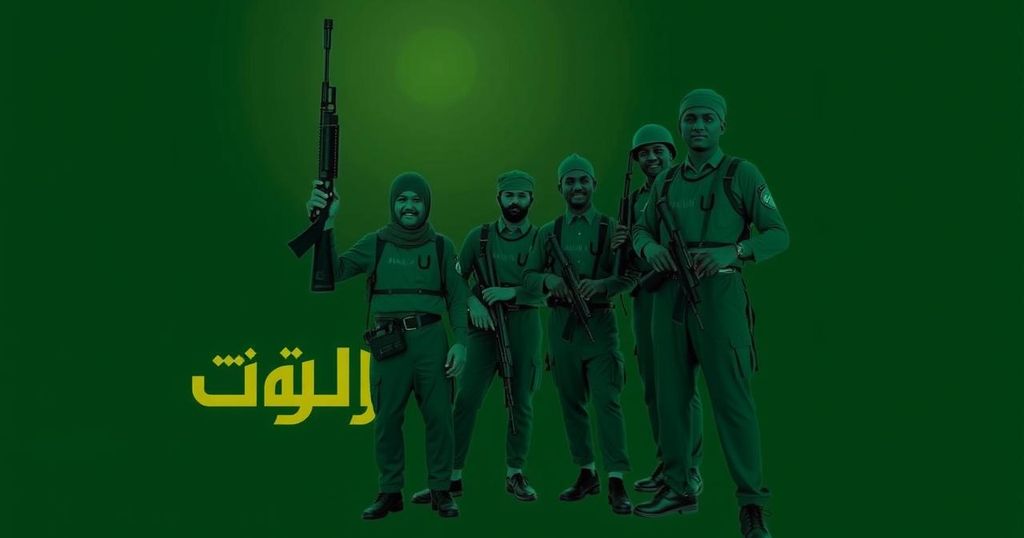Gunmen from a new jihadist group, Lakurawa, attacked the village of Mera in Kebbi State, Nigeria, killing 15 people as they gathered for Friday prayers. The group, believed to have crossed into Nigeria from Mali and Niger, has been implicated in various violent acts, contributing to the growing security crisis in the region alongside historical issues involving Boko Haram and armed banditry.
In a tragic incident, unidentified gunmen reportedly associated with a newly formed jihadist group named “Lakurawa” have attacked a village in Kebbi State, Nigeria, resulting in the deaths of 15 individuals. The assault occurred in Mera, located approximately 50 kilometers from the Niger border, as villagers gathered for Friday prayers. Kebbi’s deputy governor, Umar Tafida, along with local security officials, participated in the funeral prayers for the victims, underscoring the community’s mourning and the growing threat posed by this militant group. The emergence of the Lakurawa group, believed to have originated from Mali and Niger, has raised serious concerns among local officials. The deputy governor of nearby Sokoto State, Idris Muhammad Gobir, indicated that the group had been active in several local government areas, equipped with advanced weaponry and engaging in violent activities such as livestock rustling and extortion of local communities. Reports suggest that the group has set up camps in the Tsauni forest area, from where they orchestrate their attacks. The proliferation of armed violence in Nigeria has been attributed historically to the rise of Boko Haram in 2009, which sparked a wave of insurgency characterized by mass kidnappings and brutality. This current situation reflects a broader trend where various Islamist factions are exploiting the chaos, leading to conflicts between farming communities and nomadic herdsmen, further compounding the crisis of food insecurity affecting millions. In Mera, the assault on Friday saw the community attempt to defend their livestock against the intruders. Bashir Isah, a community leader, noted the villagers’ courage in mobilizing for defense, but they faced overwhelming firepower from the militants, resulting in tragic losses for the community.
In recent years, Nigeria has been grappling with severe security challenges largely stemming from the activities of various militant groups. The emergence of Boko Haram in the Lake Chad region has led to widespread violence and instability across the country. The situation has deteriorated further with the rise of new factions, such as the Lakurawa group, which operates in northwestern Nigeria and is connected to the broader Islamist insurgency in the Sahel region. This turmoil not only threatens local populations but also contributes to severe humanitarian crises, such as food insecurity, impacting millions of lives.
The attack in Mera highlights the critical security issues facing Nigeria, particularly with the rise of new jihadist factions like Lakurawa. As the situation escalates, it poses a significant threat not only to regional stability but also to the livelihoods of numerous communities. With ongoing debates regarding military responses and community support systems, a coordinated effort will be necessary to address the root causes of such violence and to restore safety for the affected populations.
Original Source: thedefensepost.com






